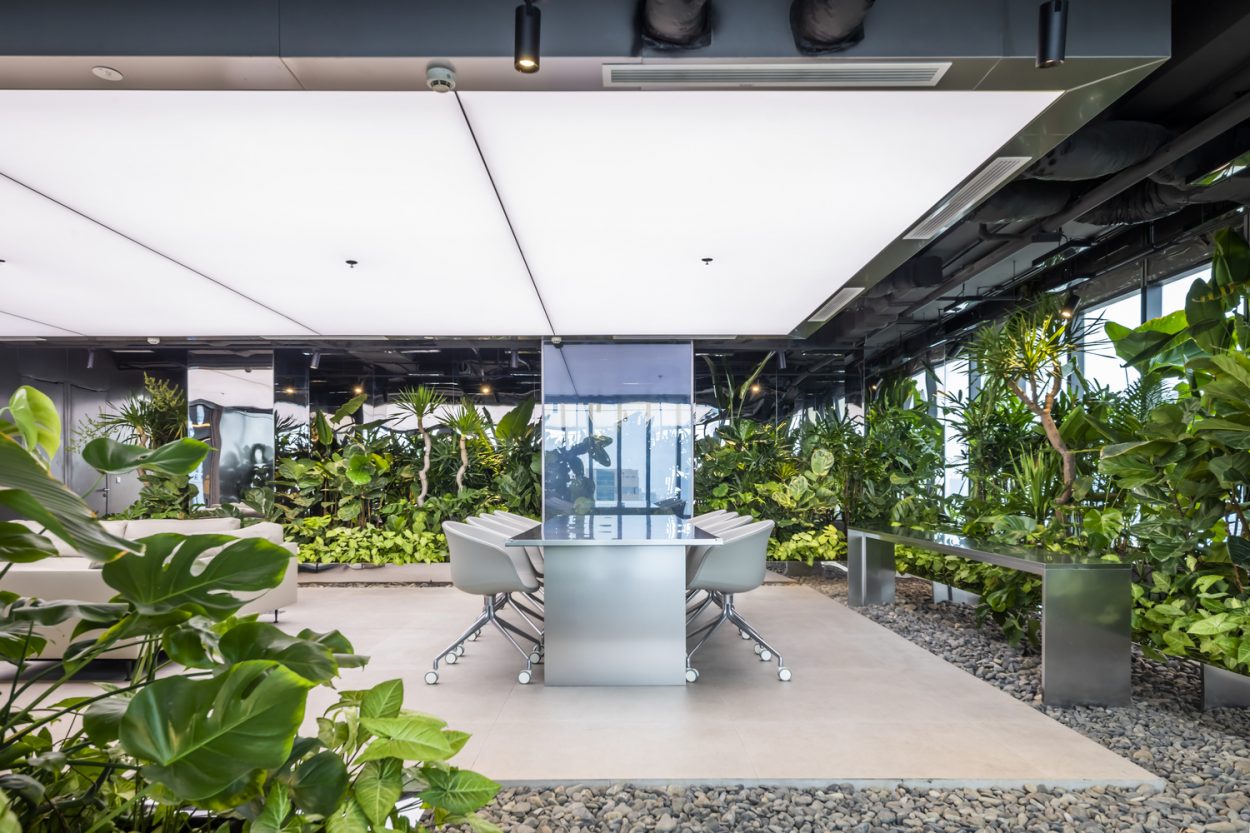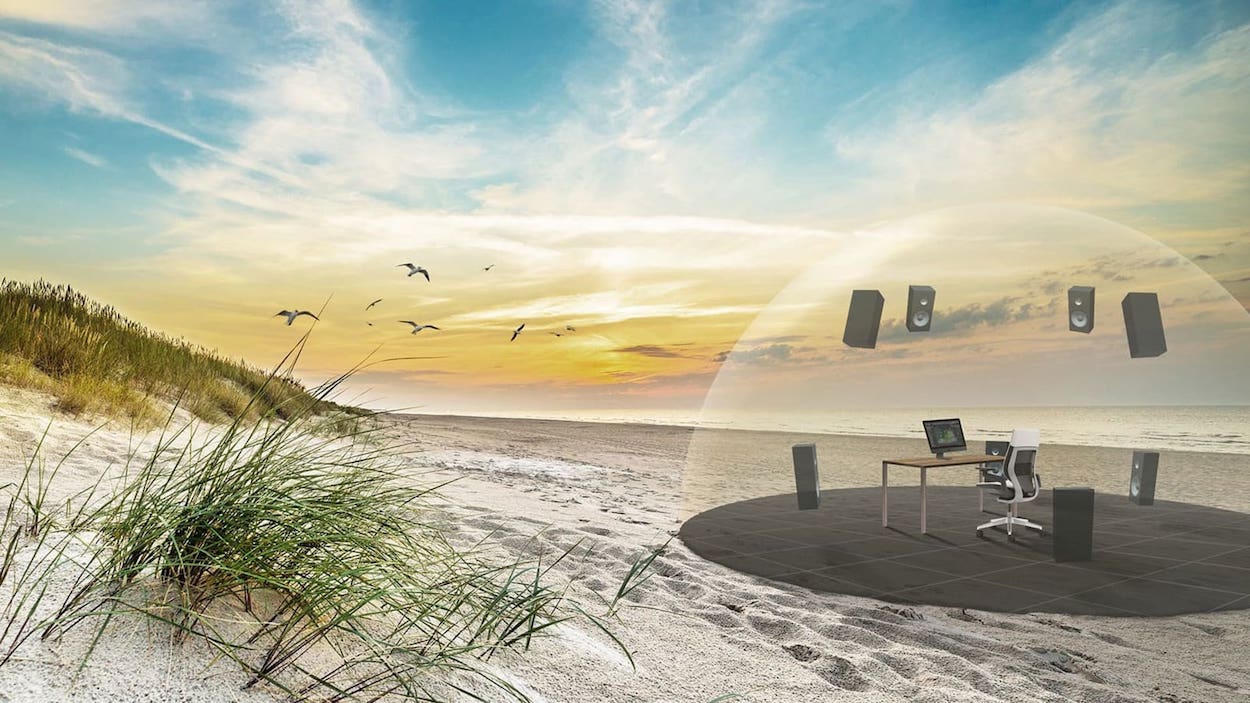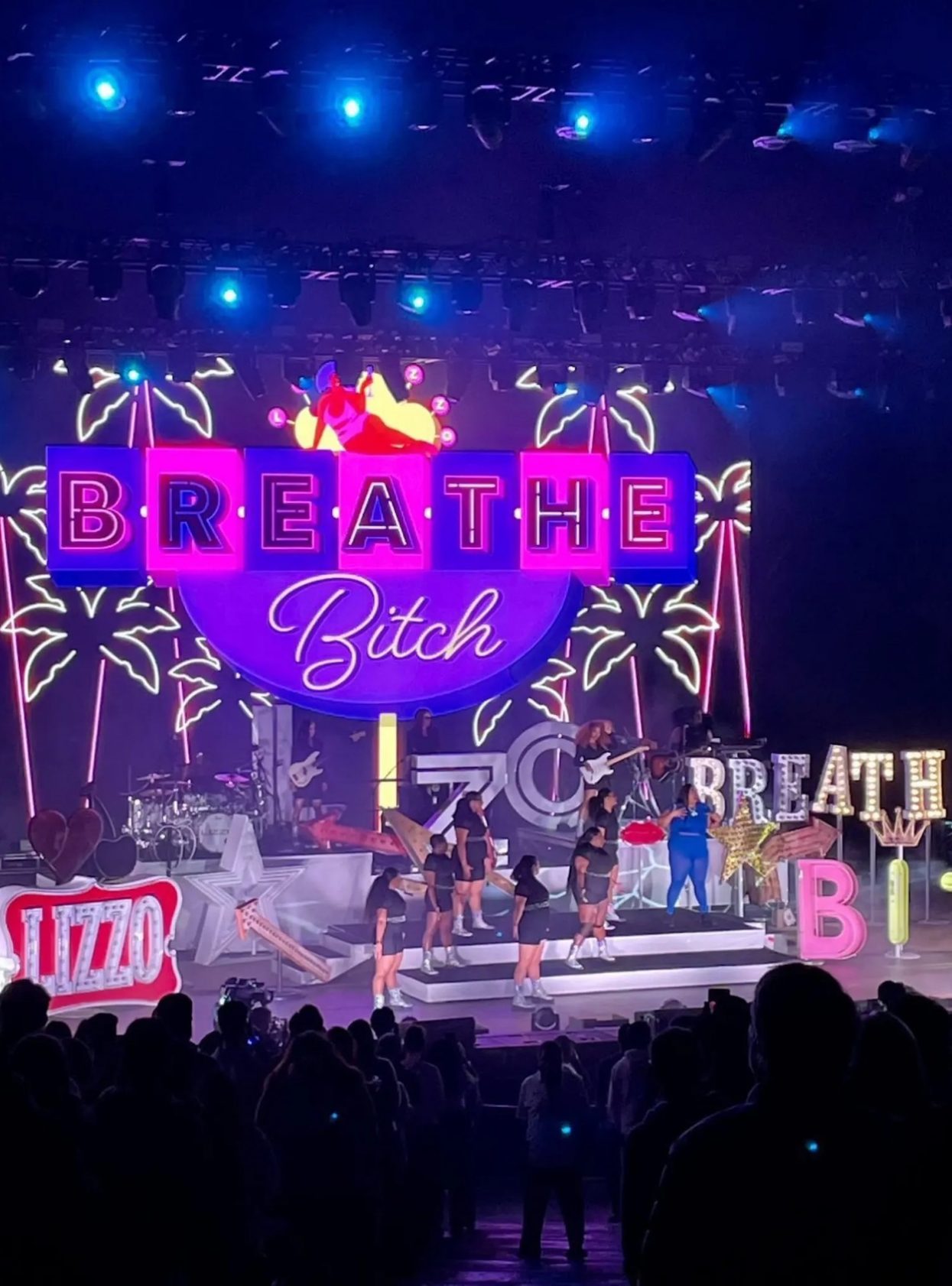Two years after Covid-19 took hold, employees are still fiercely resisting the C-suite’s demand to return to the pre-pandemic norm, no longer feeling beholden to outdated habits. Not everyone is pining for the ways of the Before Times—many firms have gone fully remote, with office occupancy in San Francisco at 22 percent and Manhattan’s double that, with those numbers expected to rise. The latter city is grappling with a massive budget shortfall in business and property taxes for that reason, and commercial real estate owners are clamoring for tenants in a competitive market.
To lure them back, some real estate owners are seeking newfangled methods. Mirroring a time-honored tactic of luxury retailers and boutique hotels, commercial developers are infusing their spaces with beguiling fragrances in an effort to make antiseptic office buildings feel more comforting. It’s a strategy the hospitality industry knows well—these days it’s not uncommon for a hotel to develop its own distinct scent profile.
Marriott has been employing aromas throughout all 30 of its Bonvoy properties for more than two decades. “Scent is part of creating these distinct sensory journeys to help distinguish each brand and create a memorable experience for every guest,” Matthew Boettcher, Marriott’s VP of brand operations, told the Commercial Observer. (Another Marriott flag, Edition Hotels, uses a custom scent crafted by Le Labo.) Air Aroma, a company that markets scents to corporations and whose clients include Resorts World in Las Vegas, says demand has increased as owners explore the power of fragrance on mood. Citrus, for example, supposedly improves energy, while lavender soothes the nerves.
“There’s this risk that introducing a scent with the best intentions [can] help enable concentration, to help create calm. If you have even a small percentage of folks who have a negative reaction, that would be problematic,” says Peter Miscovich, executive managing director for strategy and innovation at JLL. “We’re over the pandemic, but 400 to 500 people a day are still dying of Covid in this country. I have several HR folks still very concerned about congregating folks into densely packed offices. Introducing a fragrance may cause more complexity and challenge than good.”


